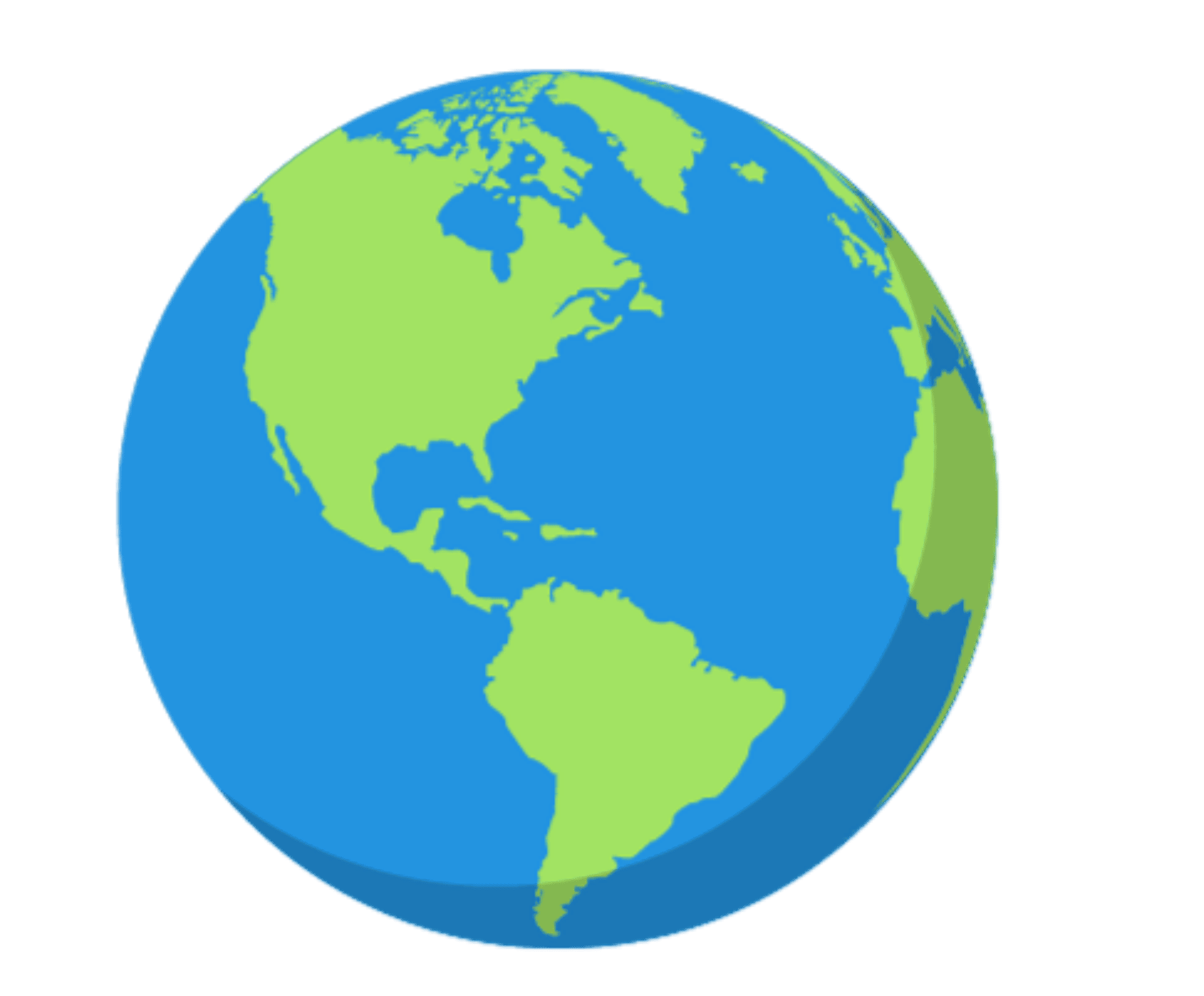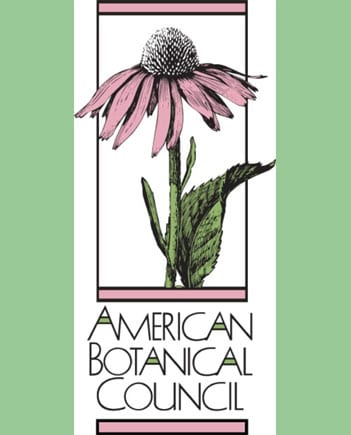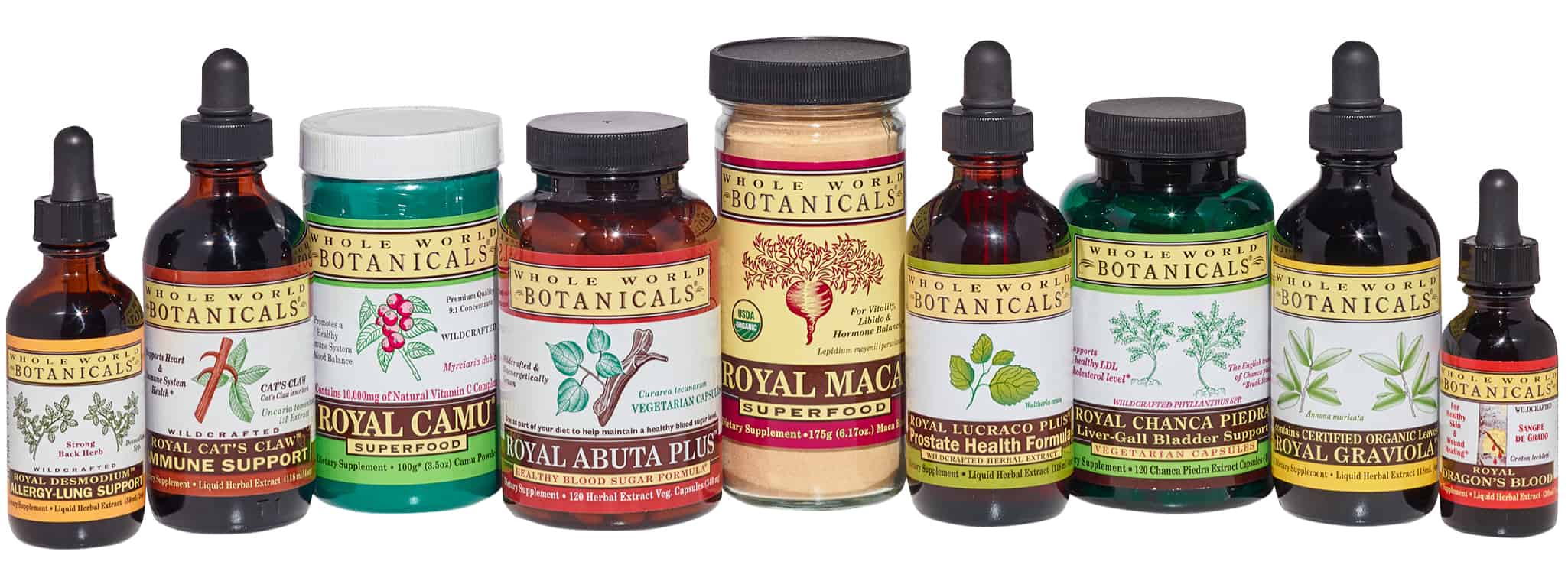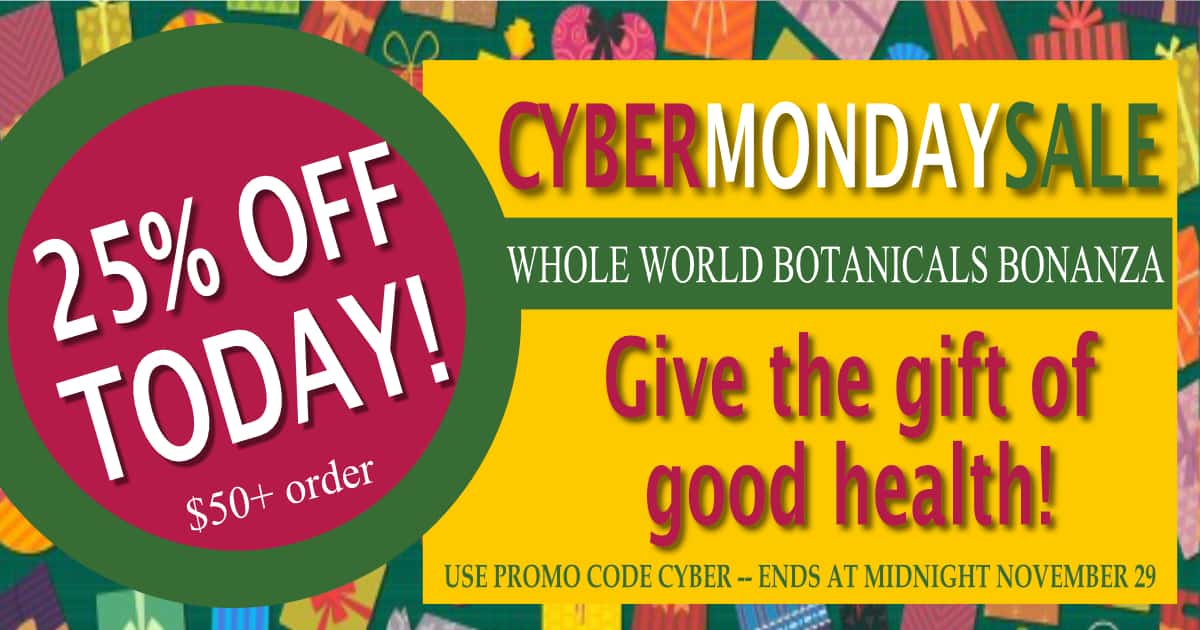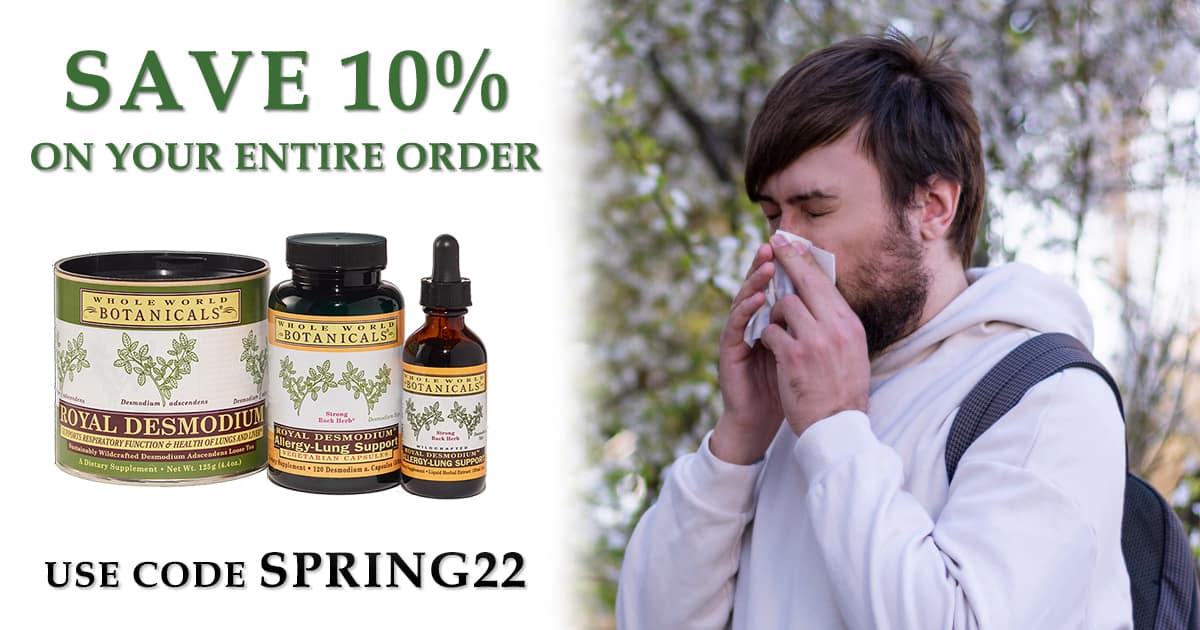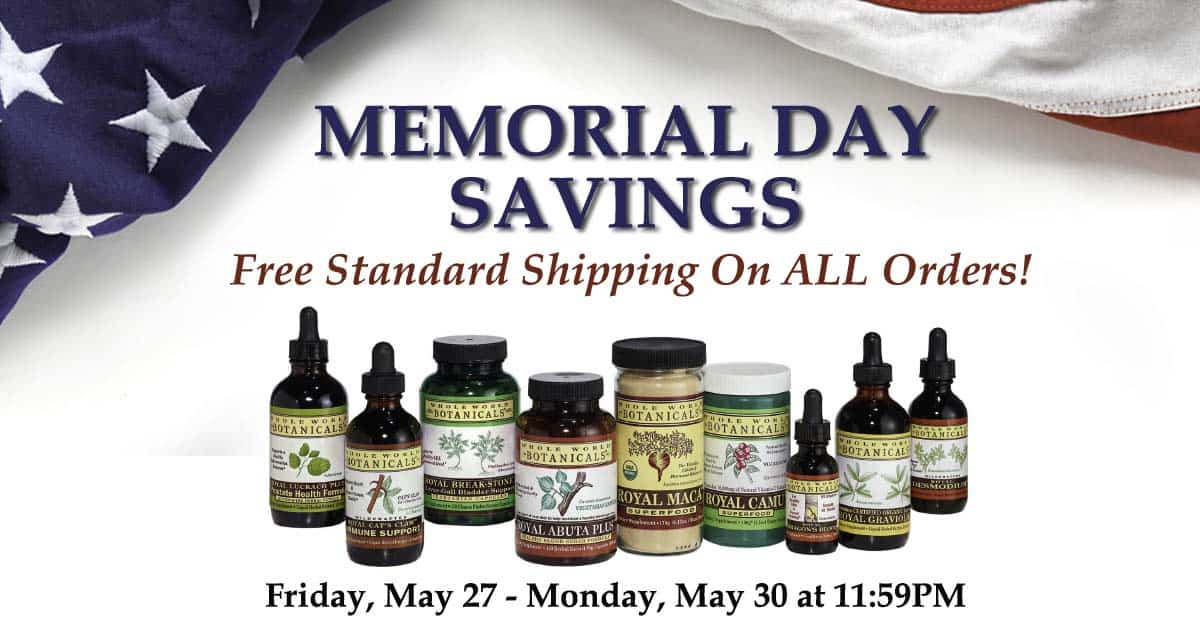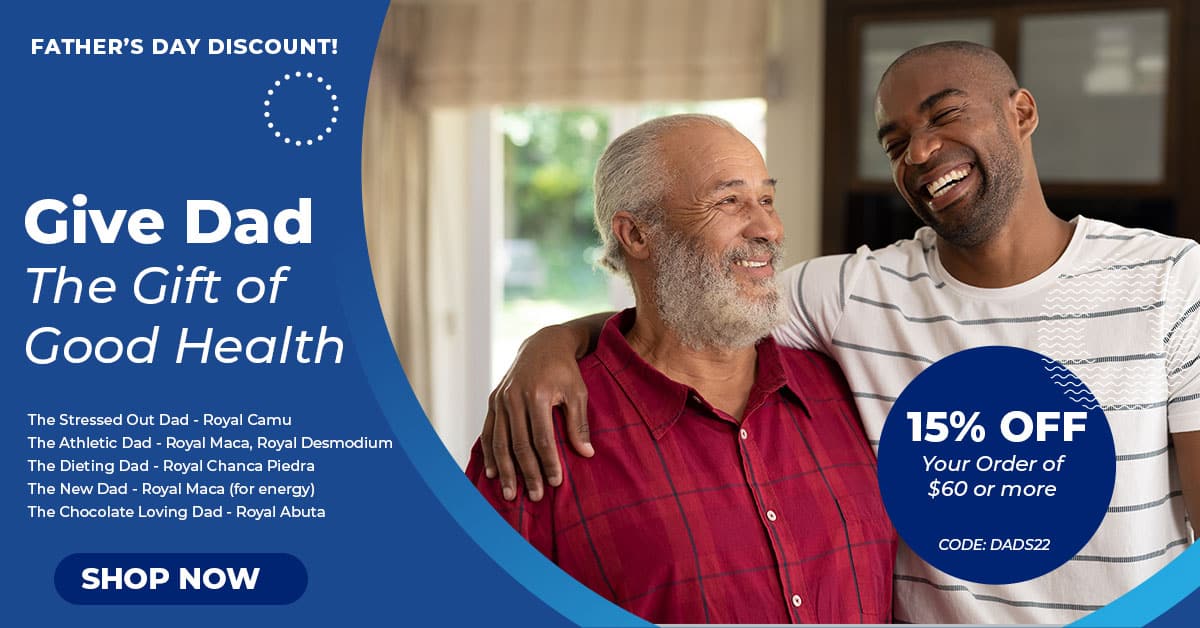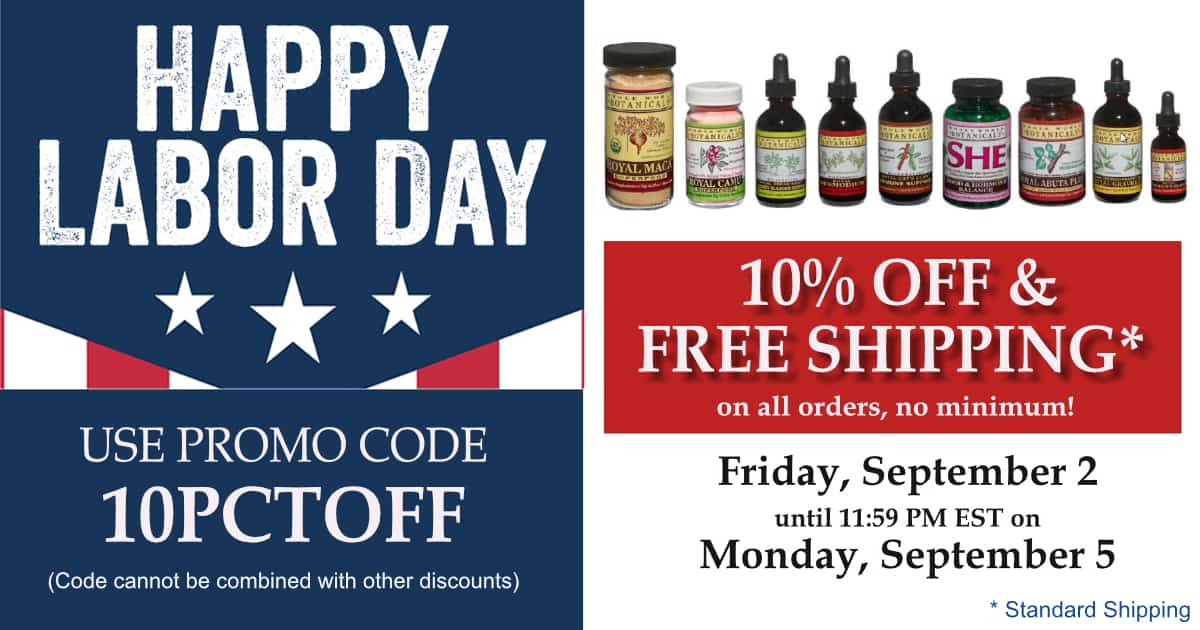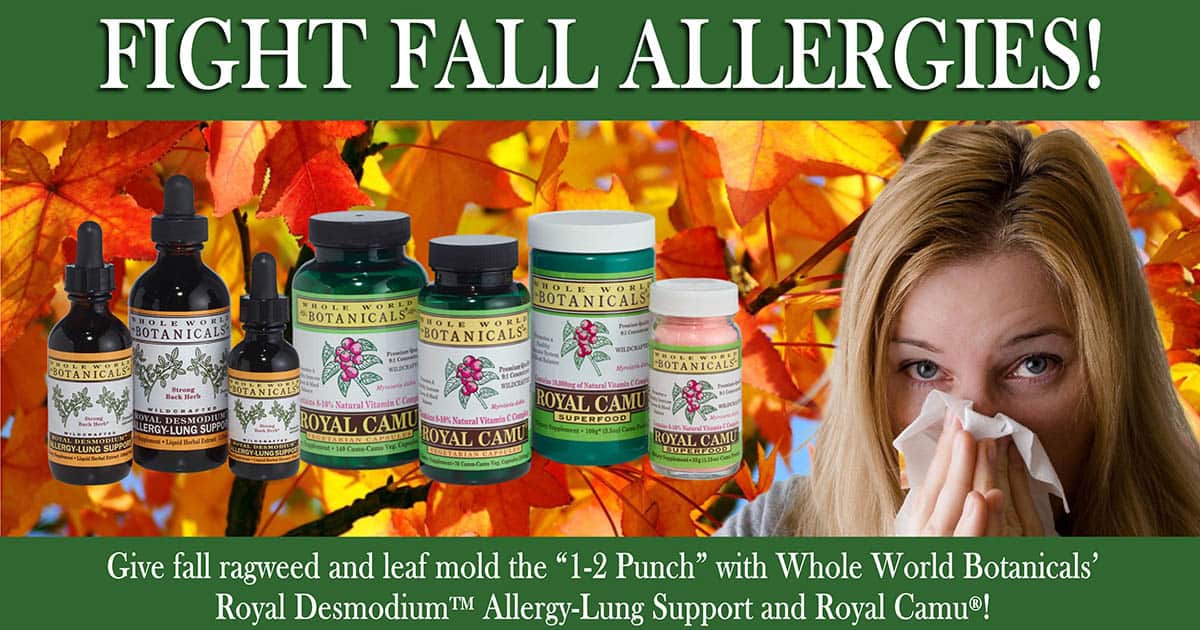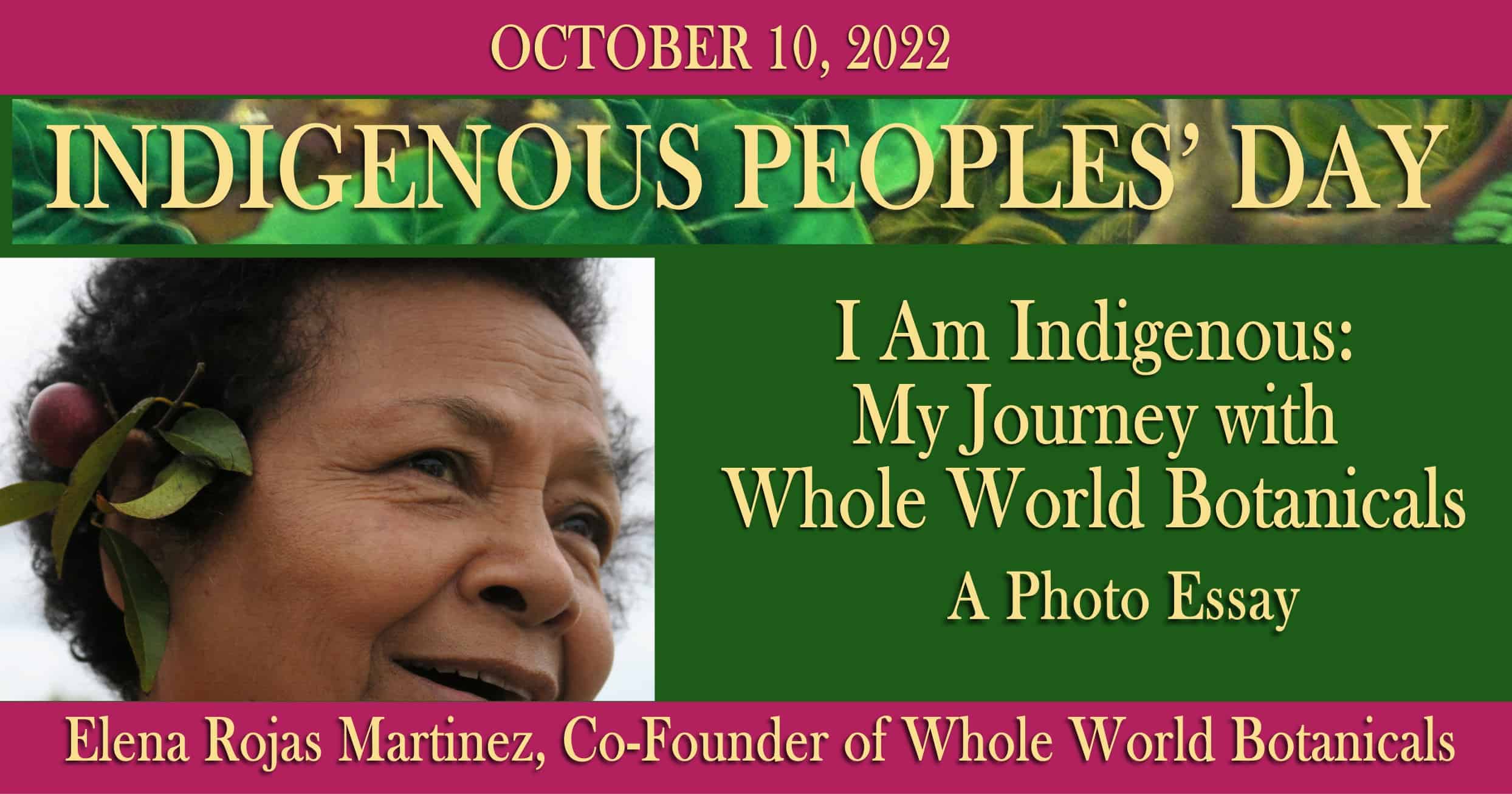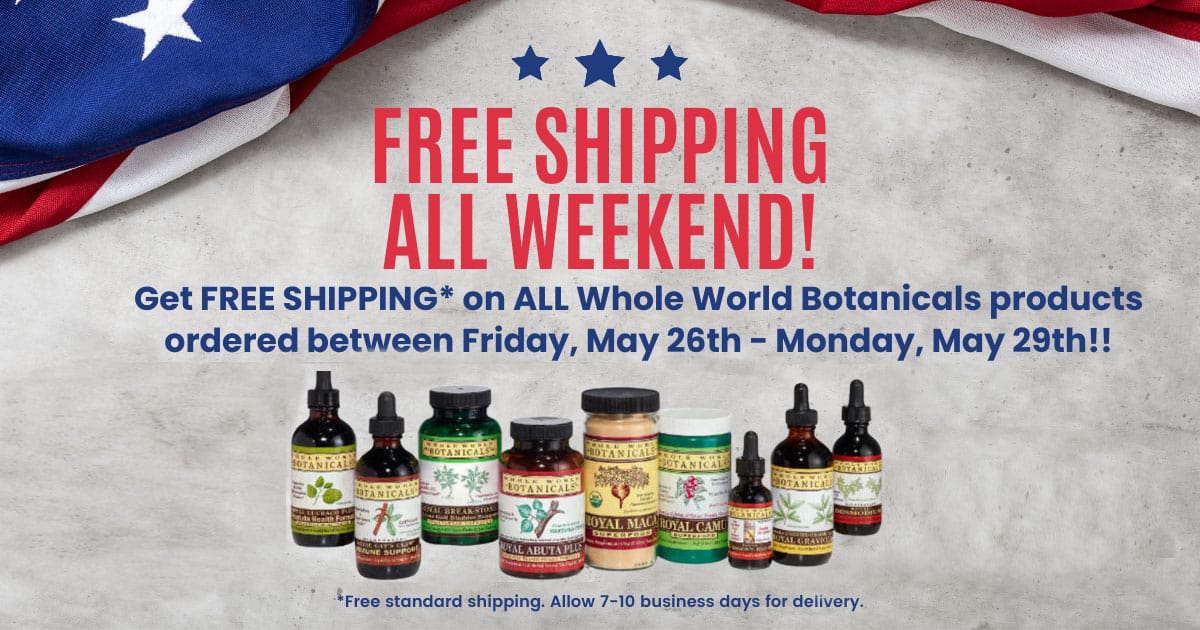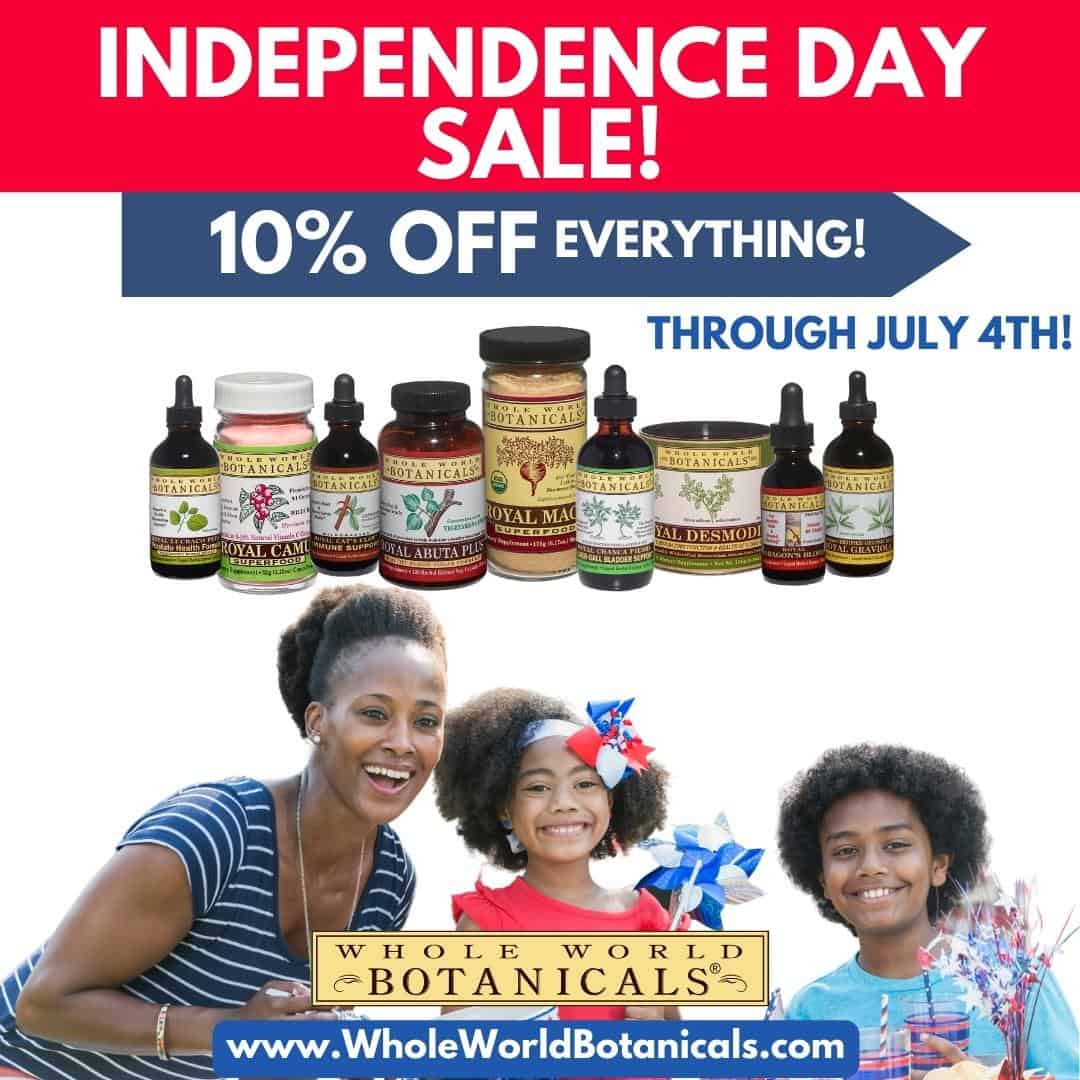The 2019 – 2020 film awards season has been a busy one for Joaquin Phoenix, culminating with a win for Best Actor at Sunday’s Academy Awards for his titular role in the film Joker. The 45-year old actor has been using his stage time at these awards ceremonies to urge viewers and fellow actors alike to take action and do their part to combat the effects of climate change which are ravaging our planet.
During his Oscar acceptance speech, Phoenix spoke about mankind’s separation from nature and how that detachment results in a false sense of entitlement to abuse the abundance it offers:
“I think we’ve become very disconnected from the natural world. Many of us are guilty of an egocentric world view, and we believe that we’re the center of the universe. We go into the natural world and we plunder it for its resources.”
Phoenix continues:
“We fear the idea of personal change because we think we need to sacrifice something; to give something up. But human beings at our best are so creative and inventive, and we can create, develop and implement systems of change that are beneficial to all sentient beings and the environment.”
The race to save the “Heart of the World”
Phoenix’s newest labor of love, a short film called “Guardians of Life”, debuted just days before the actor’s big win at the Academy Awards and calls attention to the “near-critical stage of the climate crisis the planet is facing.”
The film is the result of a collaboration between environmental activist group Extinction Rebellion and non-profit organization Amazon Watch and also stars Rosario Dawson, Matthew Modine, Q’orianka Kilcher, Oona Chaplin, Adria Arjona, and Albert Hammond, Jr.
“Guardians of Life” is just two minutes long but it is a powerful statement about how precarious our global ecosystem is and how devastating the effects of climate change and the deforestation of the Amazon are to our planet.
You can watch the video below:
Speaking about his participation in the film, Phoenix said:
“I did it to raise awareness about the meat and dairy industry’s effect on climate change. The fact is we are clear cutting and burning rainforests and seeing the negative effects of those actions worldwide.”
“People don’t realize there’s still time, but only if we act now and make sweeping changes to our consumption. We can’t wait for governments to solve these problems for us. We can’t wait until the election to try to make these changes. We have a personal responsibility to make changes in our own lives and act now.”
The film depicts an emergency room setting with doctors frantically trying to save an unseen patient in the throes of cardiac arrest.
Director Shaun Monson explained:
“The Amazon has been called the lungs of the world, or the heart of the world, but instead of documentary footage we proposed an ER setting with doctors and nurses trying to save an unseen patient with systemic heart failure. The twist is not only who one of the paramedics is, but what they were really fighting to save all along.”
This “twist” highlights the crucial role that indigenous people inhabit as the “best protectors and stewards of the Amazon rainforest.”
Whole World Botanicals depends on the Amazon rainforest
Calling the Amazon rainforest the “heart and lungs of the Earth” is no exaggeration. It is second only to the world’s oceans in providing oxygen for the air we breathe and is home to more than half of the world’s animal and plant species. But beyond that, it is the home of invaluable natural medicines which the Amazon River Basin provides.
At Whole World Botanicals, we source most of our health-supporting botanicals from indigenous peoples whose home for millennia has been the Peruvian Amazon rainforest. Their livelihood has always depended on the sustainable use of the plants and animals which the rainforest provides.
The native communities have been an integral part of their natural habitat for millennia, but these communities are endangered as loggers clear cut the forest to sell wood products in a global economy and as these clear cut fields are then turned into pasture land for cattle, providing meat products for an ever-increasing worldwide population.
By educating the population in the United States to the benefits of the amazing Amazon River Basin medicinal plants, we are providing both affordable, healthy remedies for urban populations and a market for these natural remedies, helping native populations to make a sustainable living and to continue in their role as protectors of their rainforest environment.
To read about Whole World Botanicals’ Social Mission with our botanical suppliers, and to see photos of some of our suppliers, please visit our Social Mission page as well as our Photo Gallery.
Image credits: Wikimedia Commons, Flickr
